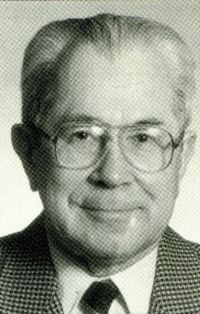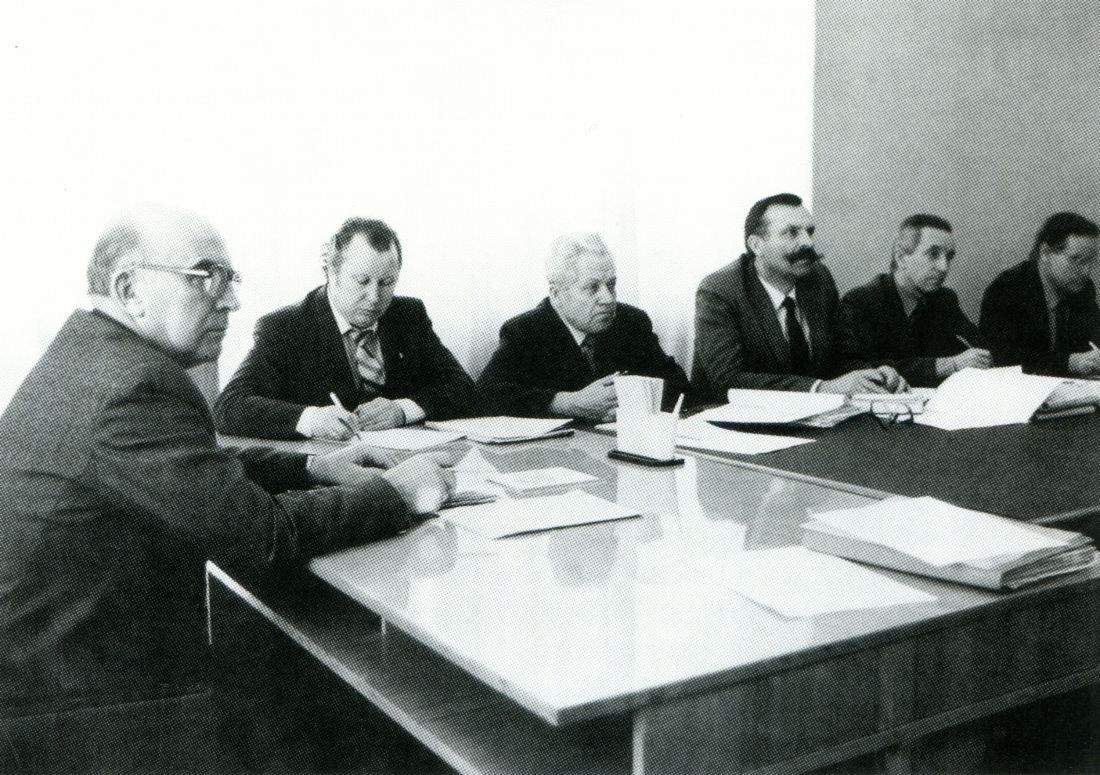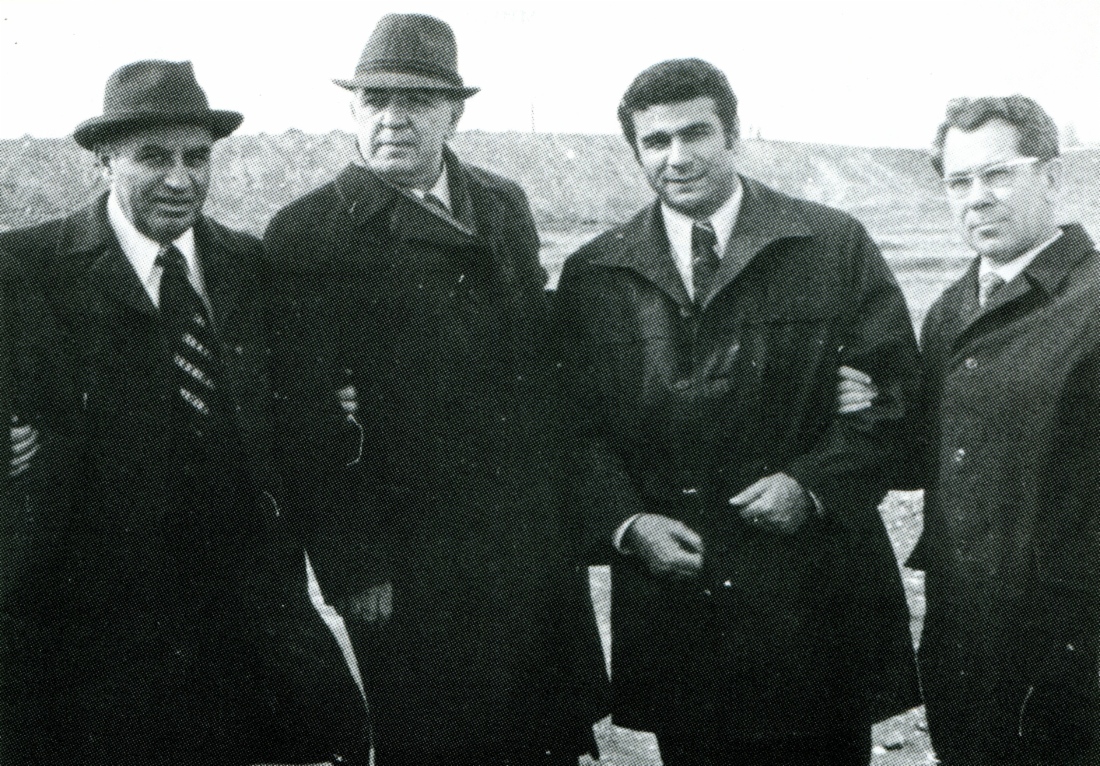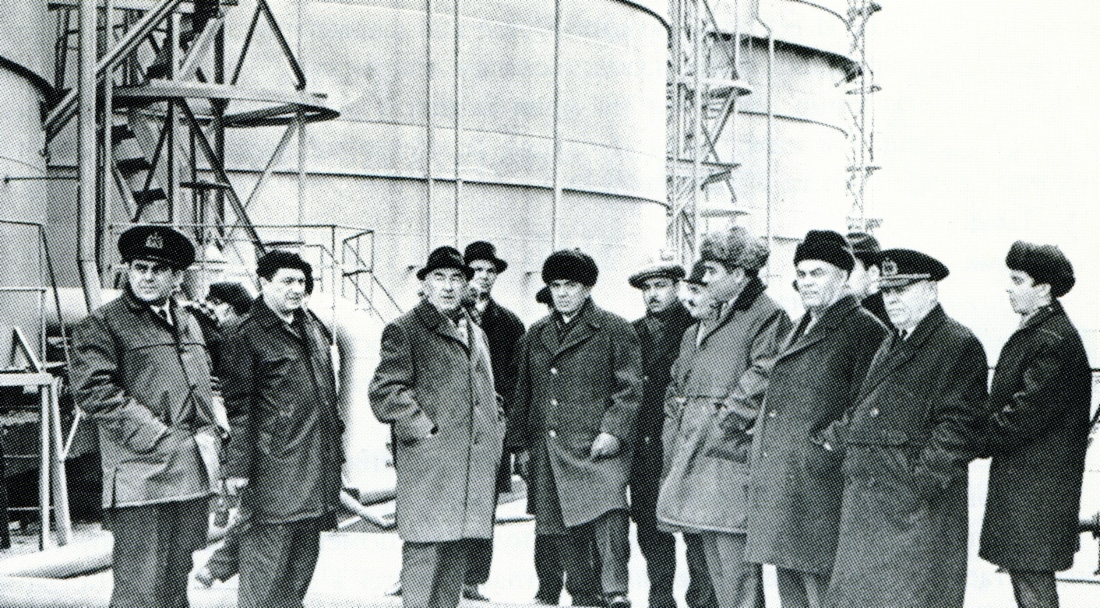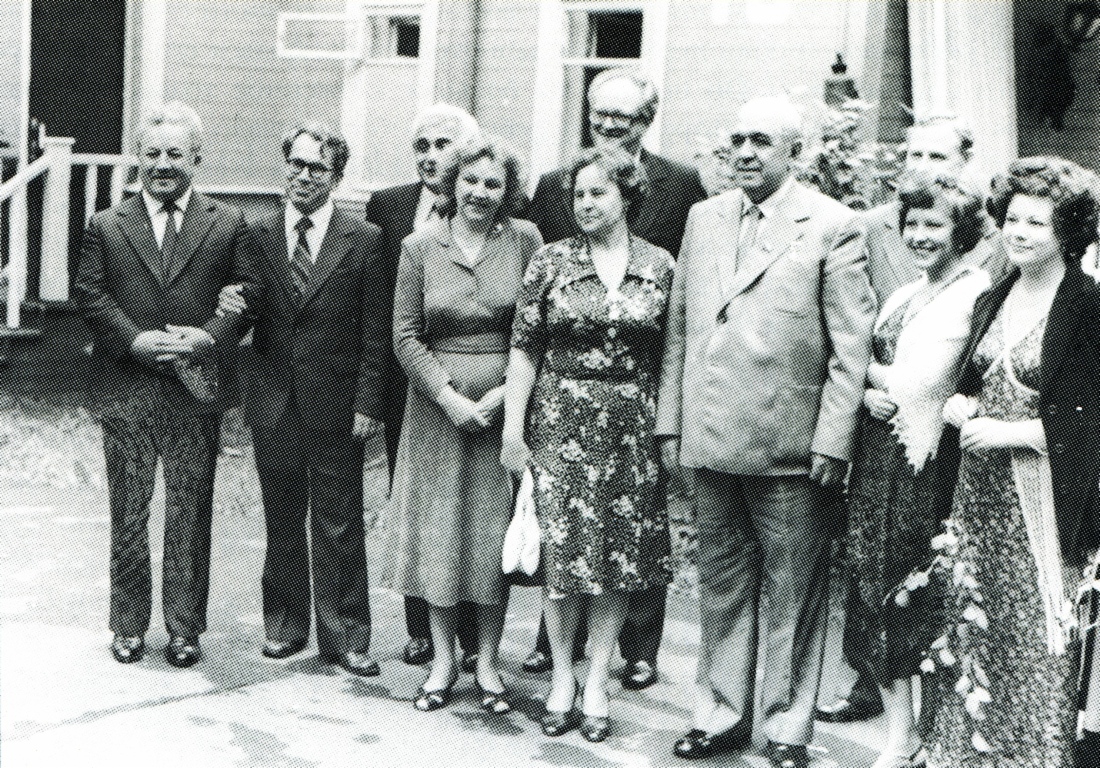Vladimir Khalatin
From 1965 to 1977 – Chief Engineer, Director of the Head Office, Head of the All-Union Production Enterprise under the Gas Industry Ministry; from 1977 to 1990 – Head of the Central Dispatch Administration of the Unified Gas Supply System under the USSR Gas Industry Ministry.
“Sabit Orudzhev set creative objectives and managed to achieve them...”
Joint solutions to common problems
After 36 years of service in the oil industry, Sabit Orudzhev spent his first winter as a gas professional in 1972–1973 by immersing himself into the challenges of the gas business so deeply that he began taking them as his own and seeing their paramount importance.
Holding group decision-making in high regard, Mr. Orudzhev nevertheless demanded an unconditional implementation of the final decisions regardless of whether they were made collectively or by him alone.
Changes in management system
Upon Mr. Orudzhev's appointment as minister, a number of organizational steps were taken to restructure the management system both in the headquarters and in production subdivisions.
As early as in 1972, the minister resolved to put compressor stations located in Ukraine, Stavropol, Krasnodar, and Gazli under the management of gas production associations. This enabled the heads of those associations to have more prompt control over gas production volumes, which largely depended on the performance of main compressor stations. The regulation introduced in the times of Sabit Orudzhev is still in force.
New ways of work
The ministry set to work establishing new structural units for construction activities and equipment repairs, factories for manufacturing spare parts for field infrastructure and compressor stations, depots for the supply of component parts, and other production subdivisions.
At the initiative of Sabit Orudzhev, the ministry expanded the objectives and functions of research and design institutes. Later on, scientific research institutes and their branches, as well as institutes for designing gas facilities, were established in all gas-producing regions.
Ability to recognize mistakes
Sabit Orudzhev was a wise and forward-looking leader who knew how to select and develop personnel. It cannot be said, however, that our relationship was always simple and positive.
In November 1972, Sabit Orudzhev for the first time took part in a meeting of the Gas Industry Ministry’s Scientific and Technical Council. As the highest-ranking official, Mr. Orudzhev chaired the meeting. In the course of the meeting, our opinions concerning the need to expand underground gas storage (UGS) capacities turned out to be different. I spoke against Mr. Orudzhev who was of the opinion that there was no need to build a large number of UGS facilities. During the following two years, I was receiving so much criticism from the minister that I even wanted to transfer to another job. But a little while later, Sabit Orudzhev himself became an active proponent, supporter, and often the initiator of creating UGS facilities across the country. “Gas should be injected underground day and night,” was his favorite expression then.
Orudzhev’s system
In 1977, I was put in charge of the Central Dispatch Administration. At that point, its rights and responsibilities were significantly expanded to encompass, inter alia, long-term development forecasts for the entire gas pipeline system of the USSR.
At all stages of work, Sabit Orudzhev closely monitored the fulfillment of the planned targets set for consumer gas supplies. The weather sometimes had its effect, too. In that regard, Mr. Orudzhev had a well-established system of interaction with the leadership of the country, republics, regions, and all authorities.
Great power and great responsibility
Sabit Orudzhev was often merciless towards the top managers who failed to comply with the plan, but he never spread his indignation to common workers, and sometimes even attributed the failings of an enterprise to poor working conditions. I remember how after a visit to the Central Asia – Center gas pipeline the delegation members offered him their proposals to improve the gas pipeline’s performance, touching upon technical aspects and nothing else. In response, the minister stated firmly that one could not speak of increasing efficiency of the compressor stations at that gas pipeline system without improving the living conditions of the workers.
“Just think about the working conditions these people have to deal with: there is nothing to buy and nowhere to go out, and dust is everywhere. And they are not even convicts,” he said.
Caring about workers
Mr. Orudzhev personally argued before the State Labor Committee, advocating the need for wage supplements for employees working in remote areas and harsh climatic conditions.
Although his primary task as minister would seemingly be to maintain the efficiency of the existing management system for the time being, he set creative objectives and managed to achieve them.

